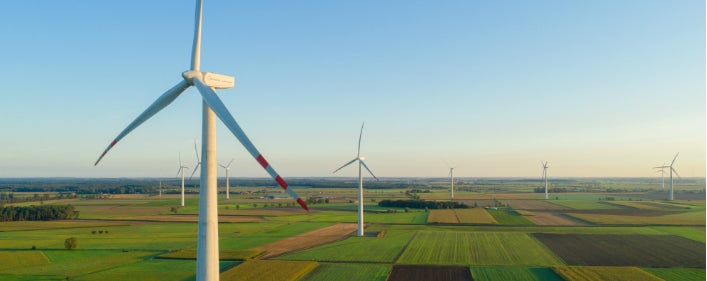
In the framework of COP25, ACCIONA has announced a commitment to reduce its greenhouse gas emissions in line with the most ambitious scenario in the Paris Agreement: to limit the global temperature increase to 1.5°C in comparison to the pre-industrial era levels. Specifically, the company aims to achieve a 60% reduction in both direct and energy consumption emissions, and a 47% decrease in value chain emissions, between 2017 and 2030.
This commitment has been ratified by the Science Based Targets initiative (SBTi), which considers the initiative as one of the most advanced to be approved so far. SBTi, — which is backed by the UN Global Compact (UNGC), among other entities— provides scientific criteria for determining greenhouse gas emission reduction targets to enable individual companies to contribute to limiting global warming. SBTi also guarantees real comparable metrics of the efforts made by companies, by providing credible objective measurement criteria.
These objectives are materialised in the commitment made by ACCIONA as part of its “Business Ambition for 1.5°C: Our Only Future” campaign. José Manuel Entrecanales, CEO and Chairman of ACCIONA, signed this campaign, sponsored by the United Nations Global Compact, on the occasion of the 2019 UN Climate Action Summit in New York.
This new objective is part of the company’s strategy to address the ongoing global climate emergency and promote low-carbon activities. ACCIONA’s main investments and activities and focused on low-carbon business opportunities that contribute to the sustainable agenda.
The company favors a deterrent pricing scheme for pollutant emissions as a means of accelerating the transition towards a decarbonised economy.
With this initiative, ACCIONA consolidates its leading role in combating climate change, after it became the first Spanish utility to have its emission reduction targets certified by SBTi, in 2018. The company has been carbon-neutral since 2016.
The group will continue to voluntarily offset all of the emissions that cannot be reduced. Emissions will be offset by purchasing certified emission reductions under the United Nations Framework Convention on Climate Change (UNFCCC), which entails putting an actual price on the company’s emissions and factoring them in as a direct operating cost. By internalising the cost of polluting, the company will continue to encourage all its business areas to reduce their emissions.






